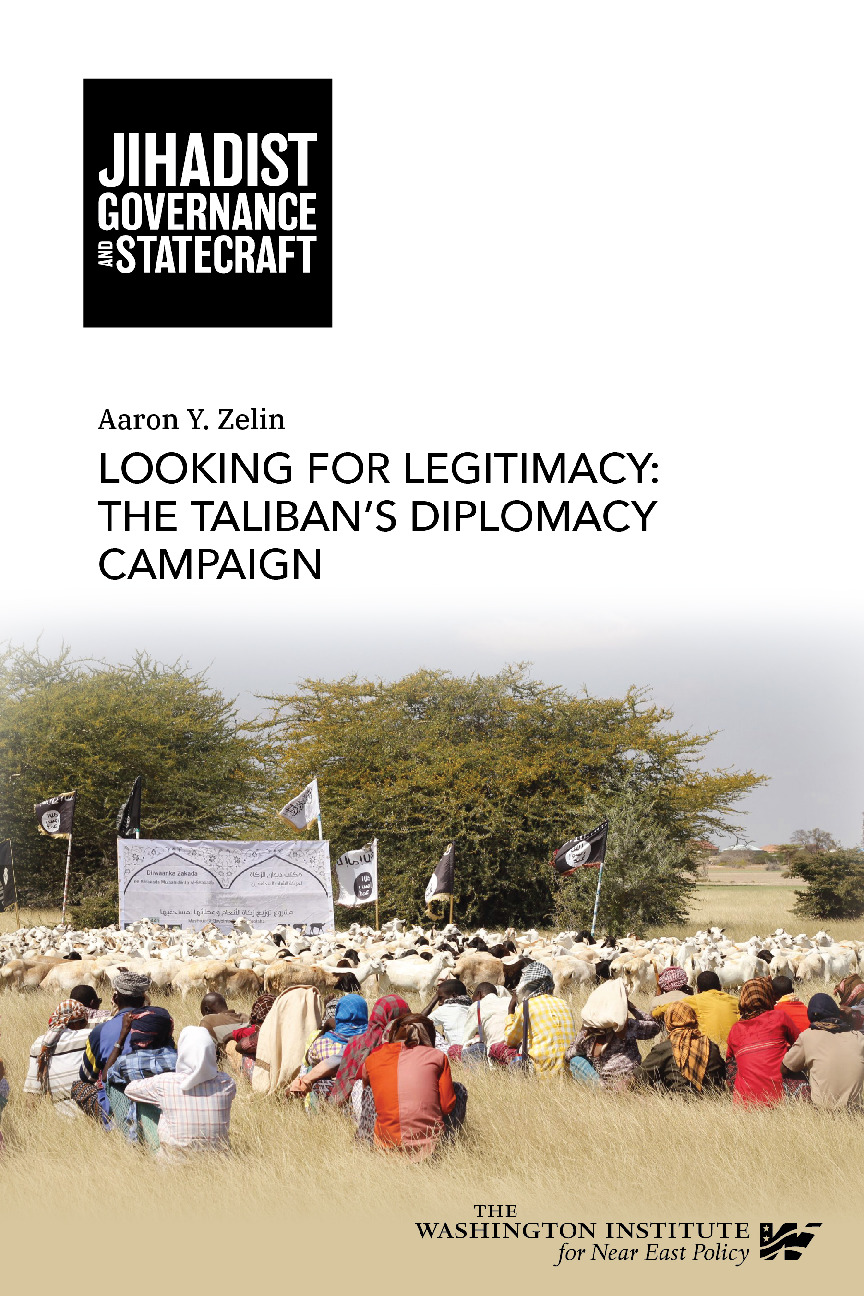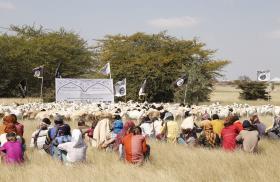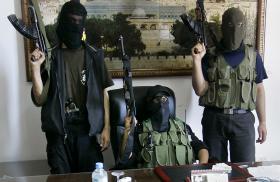- Policy Analysis
- Articles & Op-Eds
Looking for Legitimacy: The Taliban’s Diplomacy Campaign
Part of a series: Jihadist Governance and Statecraft
or see Part 1: Jihadist Governance and Statecraft
In this chapter from the Jihadist Governance and Statecraft compilation, Aaron Y. Zelin explores how Afghanistan's one-time insurgents are making greater use of key instruments of state.
Unlike in the prior two decades, when the Taliban’s power derived from its insurgency and armed forces, the group is now making greater use of a key instrument of state: diplomacy. This is a natural continuation of the negotiating skills it garnered while working out its 2020 peace and withdrawal agreement with U.S. officials during meetings in Qatar. It is also an underappreciated aspect of statecraft that lends more credence to jihadist actors within the international system, even if there remains skepticism. It is a tool that the Taliban has now used to showcase that it is willing to have dialogue with a variety of world actors without actually changing its authoritarian and theocratic rule in Afghanistan locally, by relying on diplomatic-style speak to cover for inadequacies and areas of concern such as women’s rights and roles within society.
Since the Taliban took over Kabul in August 2021, the group has sought international recognition for its Islamic Emirate of Afghanistan. When Taliban forces first held the country from 1996 to 2001, only Pakistan, Saudi Arabia, and the United Arab Emirates recognized their rule. Today, no government has officially done so. Yet while no country has officially recognized the new government established after the group recaptured Kabul, the Taliban is far less isolated today than it was during its first iteration.





